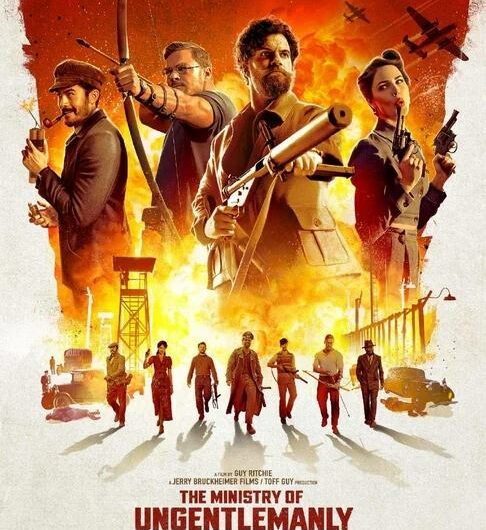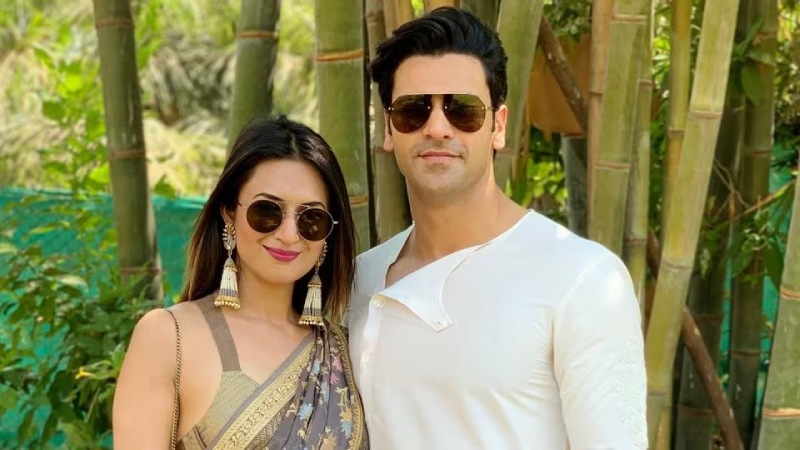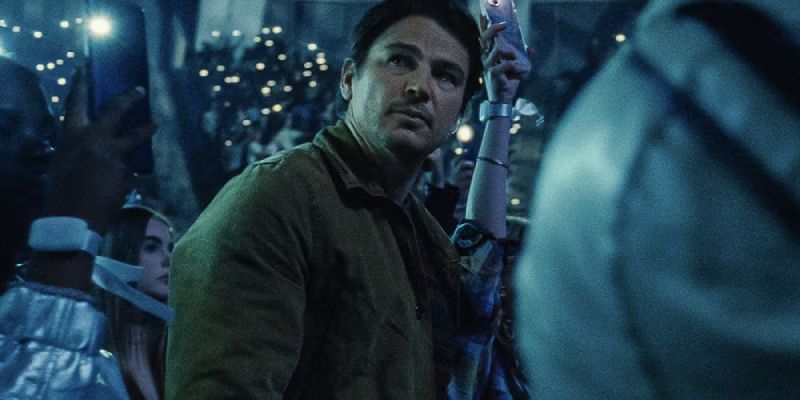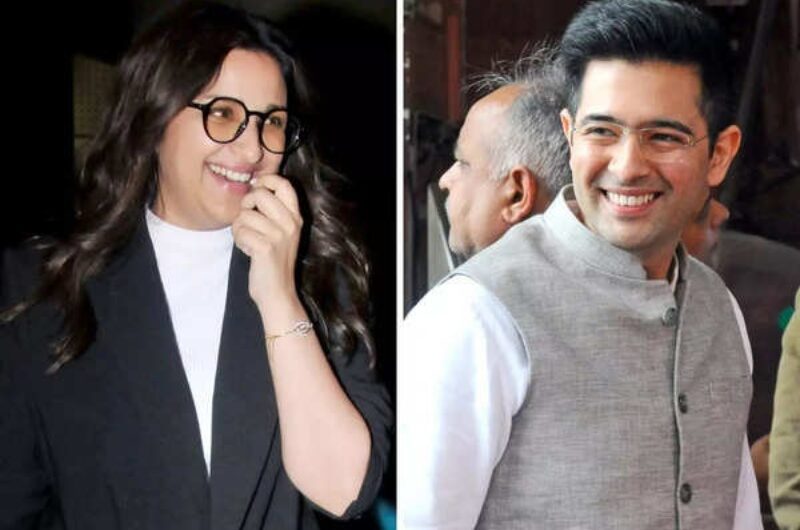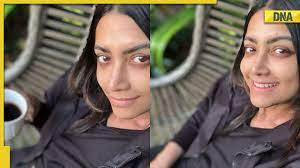Filmmaker Alexander Payne credits silent films with cementing his love of the cinema early in life. “I still watch a lot of silent films,” he says. “I am very much interested in wordless storytelling. At its best, it’s just more cinematic.”
Silent film star Charlie Chaplin inspired Payne’s career in numerous ways. “I think most filmmakers have a key film or two that struck them like a thunderbolt and cemented their early desire to make films. I have seen a ton of movies, but Chaplin’s Modern Times, which I have seen countless times since I was a 5-year-old, taught me that it’s possible to make comedies with emotion,” he explains. “Later, as a college junior still trying to figure out my career path, I saw Akira Kurosawa’s Seven Samurai, and when it ended, I could not get out of my seat. ‘I’ll never climb the mountain that high,’ I thought to myself, ‘but I want to be on that mountain.’”
Charlie Chaplin wrote and directed the 1936 silent romantic comedy Modern Times. The film featured his famed Little Tramp character and is notable for being the last time Chaplin portrayed The Tramp and the first time his voice was heard in a movie. It is also one of the first films the Library of Congress chose for preservation in the United States National Film Registry.
It took a year to shoot the epic 1954 drama Seven Samurai, which was the most expensive film ever made in Japan at that time. The film, set in 1586, was named the greatest foreign-language film by the BBC’s International Critics Poll in 2018. Payne was 35 when he made his first film, Citizen Ruth, and notes, “that’s a fairly traditional average age at which to make one’s first feature film. Kurosawa was 32 or 33 when he made his first feature.”
Old Movies Inspire Fresh Films
Payne took a page out of silent cinema while directing The Descendants. “When I watch The Descendants and I get to scenes like George Clooney running on the beach and crossing paths with Matthew Lillard and then spying on him with no words, no music. For about six minutes, there is just the crashing of the waves,” Payne points out. He adds that, as talky as his films can sometimes be, his favorite scenes to direct are silent.
In addition to Modern Times and Seven Samurai, three of Payne’s other favorite films are The Wild Bunch, the 1942 version of To Be or Not to Be, and The Last Detail. When it comes to his style as a director, Alexander Payne says, “Whether the directions I give are brilliant or stupid, they are always honest.” He is also honest when saying he thinks “the hardest part of filmmaking is the screenwriting.” Payne says, “For me, that takes a lot of time. Writing the script is really challenging. That first leap from nothing, from the blank page to having the first draft — that is the hardest part of all filmmaking, I think.”
The script that Payne and his writing partner Jim Taylor crafted for Sideways turned out to be a career highlight for the film’s star Paul Giamatti. “I felt like if I could not act again for some reason, my acting life would have been fulfilled having done this movie because it was such a purely pleasurable experience,” says Giamatti. “Alexander Payne is a true filmmaker, and that is what makes him special.”
A Look at Alexander Payne’s Award-Winning Career

Alexander Payne has been individually nominated for seven Academy Awards, while his seven feature films have received 19 nominations. “A nomination means attention to my work, which means I can continue to make films,” says Payne. He has won two Academy Awards, first for Sideways in 2005 and then The Descendants in 2012.
His latest project, The Holdovers, set at a prestigious private boarding school in the 1970s, has him reuniting with Giamatti. Payne has called Giamatti his favorite actor a few times, so it’s not surprising they’d reunite for this new film project.
Giamatti enjoys working with Payne and says that filming Sideways “was a gorgeous experience. It was so much fun. It was joyous. And I think the movie feels that way because we were just making a movie for the love of making a movie — and that is what was great about Sideways. None of us felt we were making anything anybody would even care about that much. We cared about it, and so much of that came from Alexander and his simple joy of being with the actors and crew.”
Alexander Payne On the Power of Film
Like many filmmakers, Payne believes making movies is about evoking emotions. “It is the power to move. It is the power to serve as a mirror for our society. It is the power to spread a sense of humanity and make people laugh,” he says. “Chaplin made the entire world laugh for the very first time at the same things and with no words. It is truly the universal language. Like so many things, I wish it were used more as a weapon of beauty rather than a weapon of ugliness and self-aggrandizement, monetary self-aggrandizement.”
Alexander Payne’s inspirations, Chaplin and Kurosawa, might be stunned by the accessibility of a movie camera today. He says, “You have a movie camera in your pocket with sync sound, and if something amazing is happening, you just point at it. We have technology that is beyond anything you would have believed in a James Bond movie 20 years ago.”
Topics #Alexander Payne


